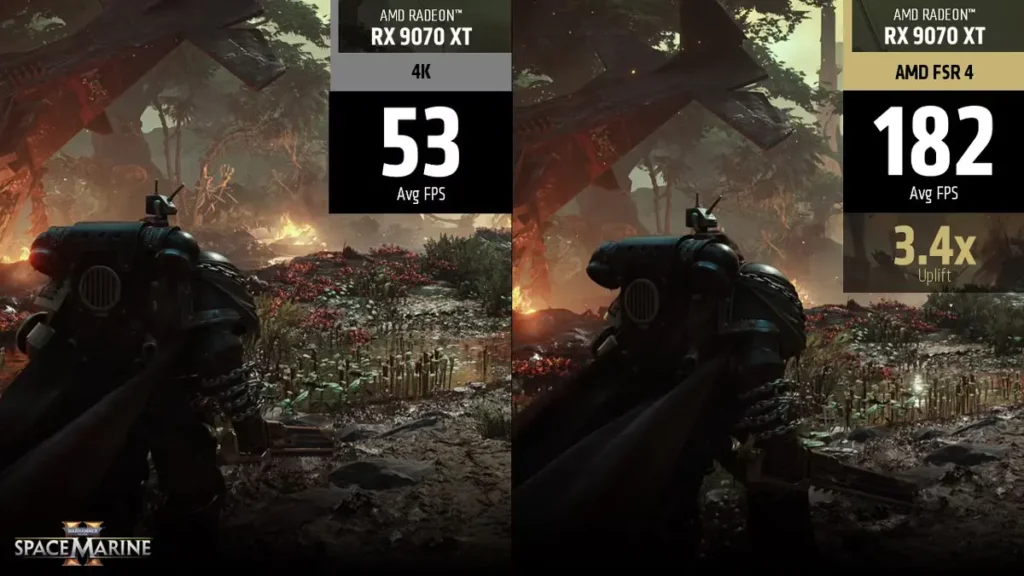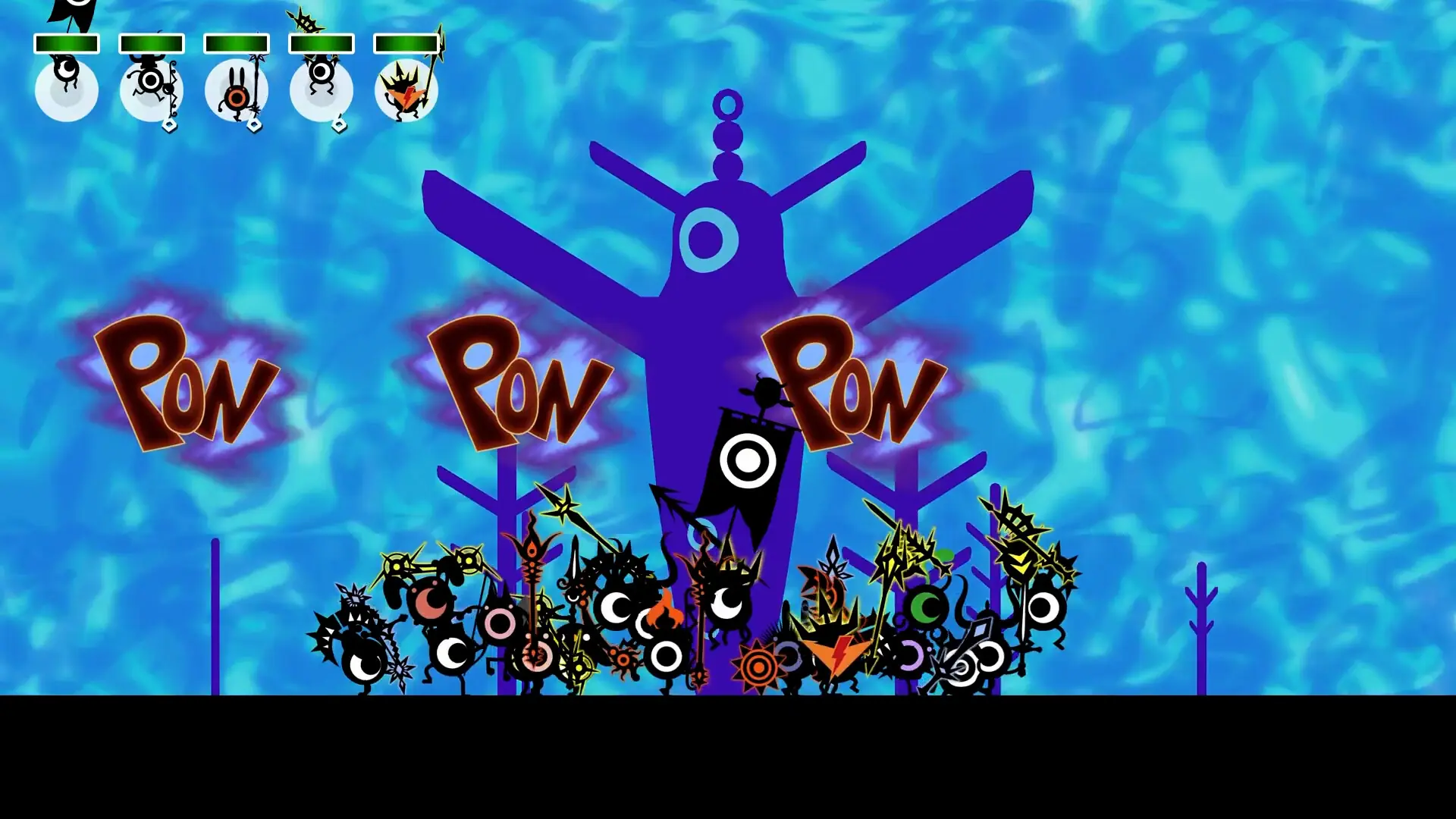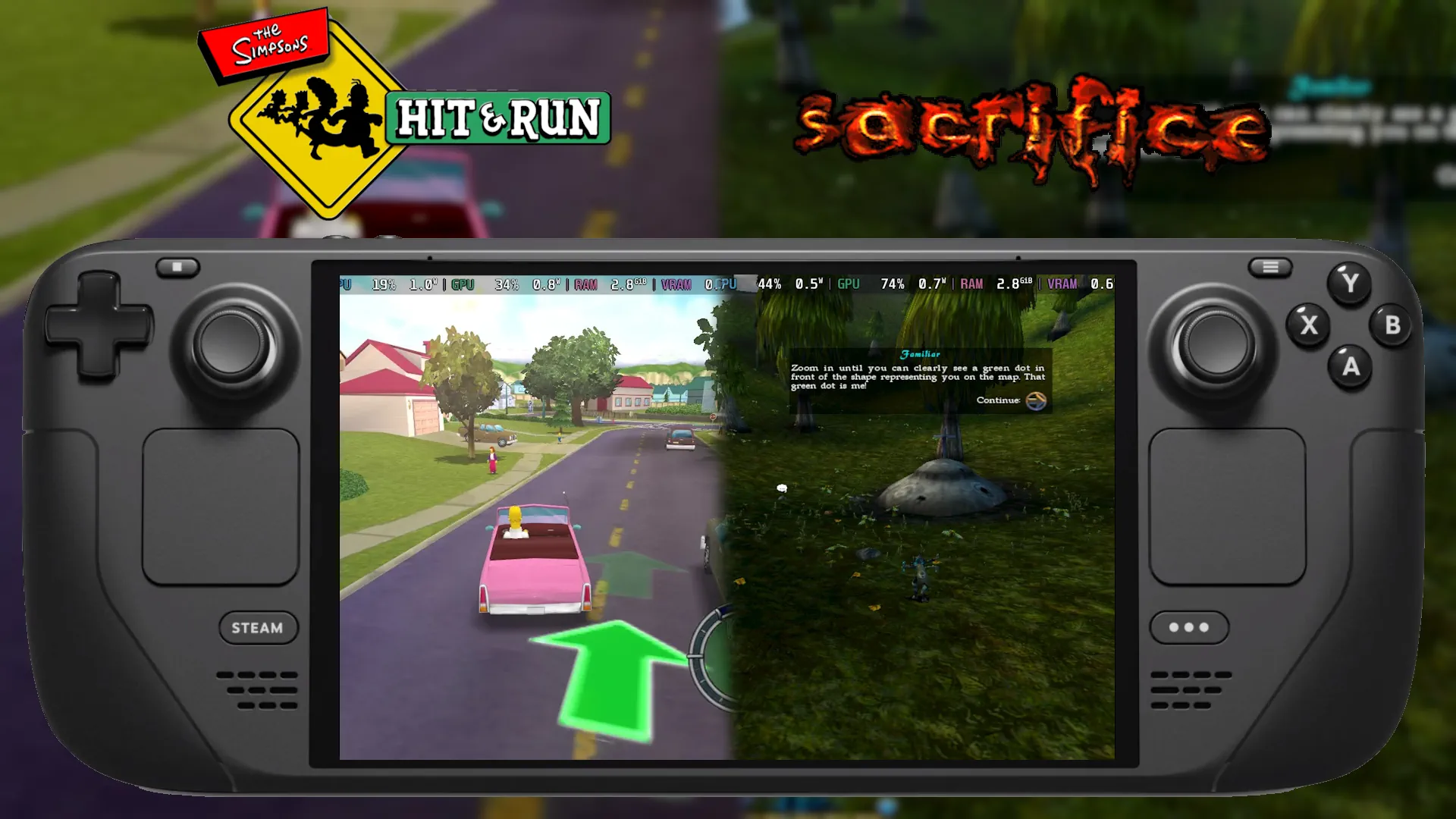If you haven't yet, follow us on X (Twitter), Mastodon, or Bluesky to know when we post new articles, and join our Reddit or Subscribe to us on YouTube to check out our content and interact with our awesome community. Thank you for supporting us!
Back in January, we wrote an article about how it might be beneficial for the Steam Deck's successor to skip the RDNA3 generation and leap back into the ring using RDNA4, and with AMD just releasing more details on FSR4 in their latest RDNA4 live stream, that could well be the case.

While FSR3 was largely focused on adding frame generation to the mix, that doesn't necessarily benefit you if you're already running at a low framerate, but FSR4 looks to go back and improve image-upscaling quality by a ton, meaning you can run at lower resolutions while still maintaining decent image quality, which can be a lifesaver on a low-end device like the Steam Deck.

Taking a look at the screenshot below from the live stream showcasing Warhammer 40k: Space Marine II using FSR3.1 Balanced versus FSR4 Performance mode, shows that the FSR4 upscaler is creating a crisper/clearer image than FSR3's while running at a lower base resolution, which should result in more performance and a better image.

AMD claims their new approach with FSR4 will reduce ghosting and noisy effects and even claims that at certain levels, an upscaled FSR4 image can produce more quality/detail than a native 4k image.
So if the Steam Deck 2 does make use of the RDNA4 architecture, gaining the use of FSR4 could definitely extend the life-span and general performance of the device on the games that make use of FSR4.
What do you think? Would it be a good move by Valve to wait and fit RDNA4 architecture in the Steam Deck's successor?
If you enjoyed this article, check out the rest of the content on SteamDeckHQ! We have a wide variety of game reviews and news that will help your gaming experience. Whether you're looking for news, tips and tutorials, game settings and reviews, or just want to stay up-to-date on the latest trends, we've got you covered!







